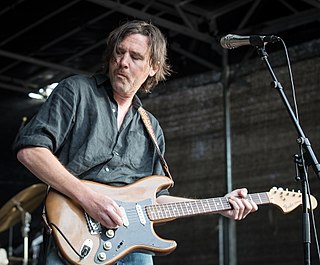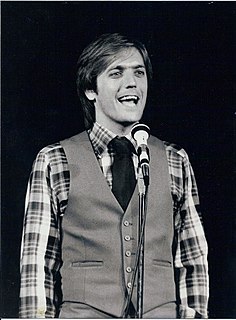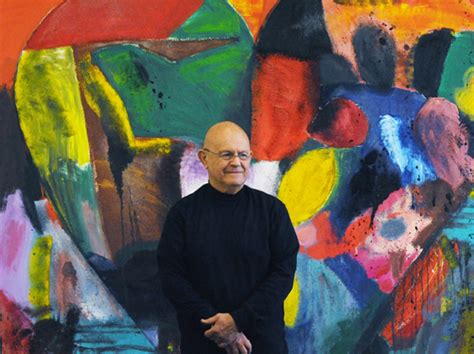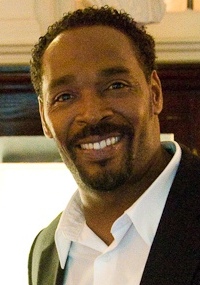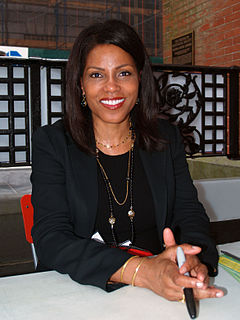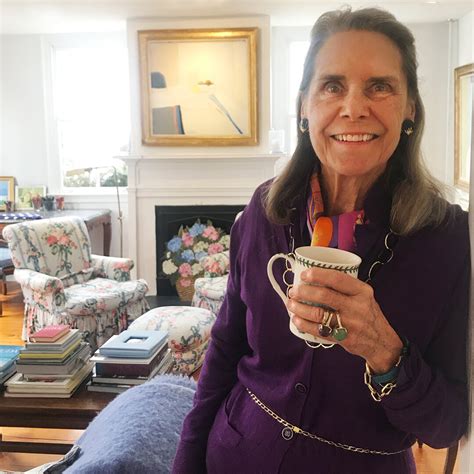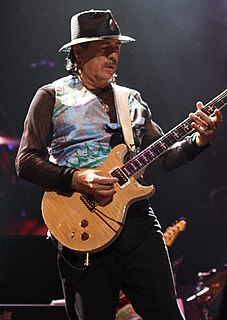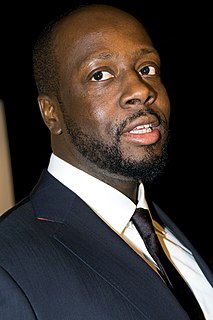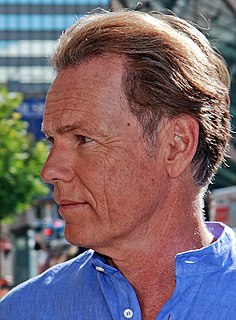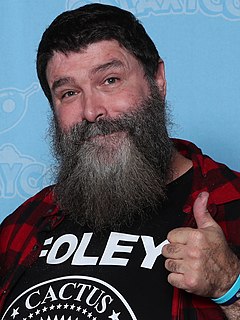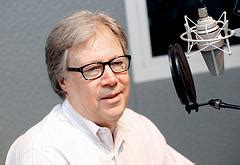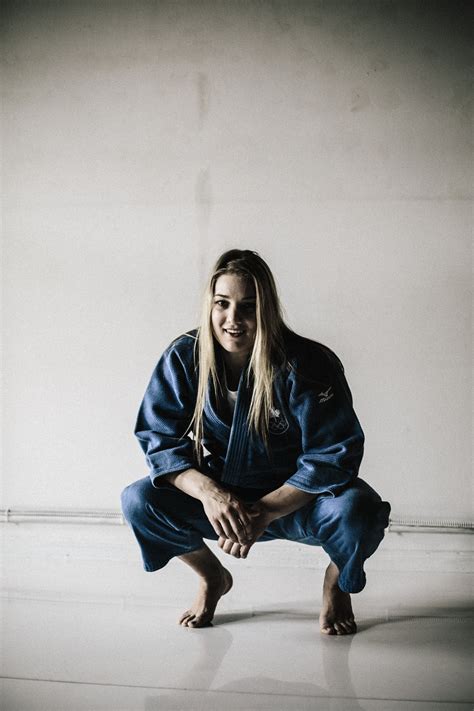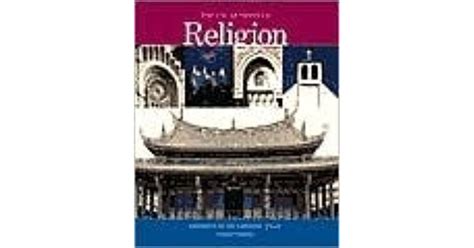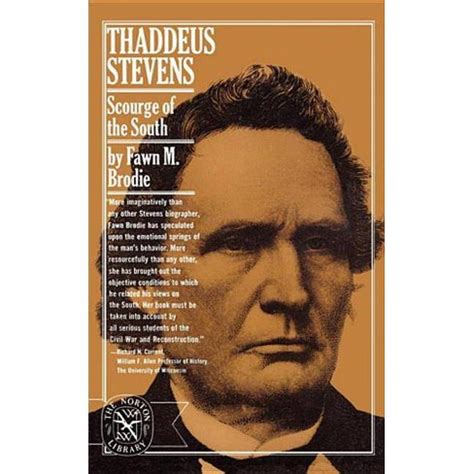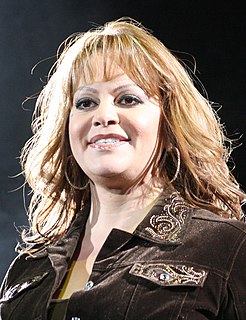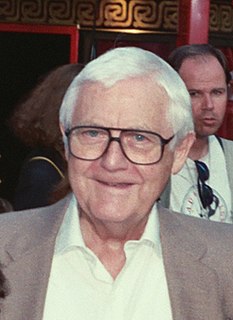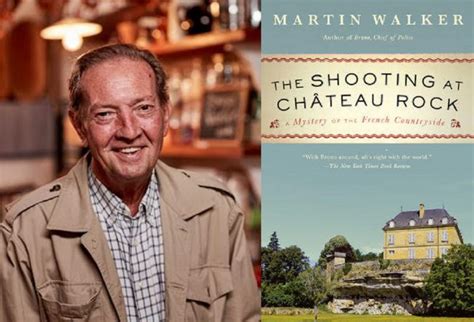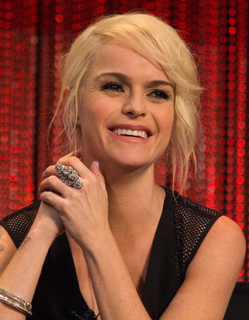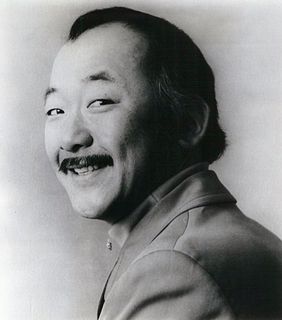Top 683 Malcolm X Autobiography Quotes & Sayings - Page 9
Explore popular Malcolm X Autobiography quotes.
Last updated on November 15, 2024.
I had seen 'Do the Right Thing' when I was at college, and it was incredibly inspiring as a piece of cinema. Just brilliant, I thought. But saw 'Malcolm X' with a crowded audience. It was my first time in an American cinema, hearing an audience respond. You know, in England, everyone is so restrained.
We talk about how hard it is now. But if we look back at the '60s, we actually had a president that was assassinated. We had riots, we had Vietnam, Martin Luther King, Malcolm X, the FBI, and the Black Panther war. There was so much happening at the time where it felt like America was coming apart at the seams.
Malcolm X envisions a broad-based pluralistic united front, which is spearheaded by the Nation of Islam, but mobilizing integrationist organizations, non-political organizations, civic groups, all under the banner of building black empowerment, human dignity, economic development, political mobilization.
I'm sorry to bang on about it because I know everyone is, but Bryan Cranston in 'Breaking Bad' is remarkable. To see him switch from 'Malcolm in the Middle' to suddenly become Walter White is incredible. It's a) nice to see an actor given that chance, and b) great to see him really take full advantage of it.
That is what the highest criticism really is, the record of one's own soul. It is more fascinating than history, as it is concerned simply with oneself. It is more delightful than philosophy, as its subject is concrete and not abstract, real and not vague. It is the only civilized form of autobiography.
If you want to pontificate, I'm certainly willing to pontificate. That's why Joely was laughing because you don't know what you asked for. Malcolm Gladwell, in his newest book "David and Goliath," writes about how sometimes things that we think of as handicaps often times are just the opposite. Or the reverse is also true.
What is striking is that from almost from the very beginning of certainly by September and October of 1963, as the book was being constructed, that [Alex] Haley was vetting - asking questions to the publisher and to the publisher's attorney regarding many of the things that Malcolm X was saying. He was worried that he would not have a book that would have the kind of sting that he wanted.
Today, journalists more than any other cohort of professionals, are responsible for the confusion that surrounds power and its criminality in contemporary society. As Janet Malcolm said in another context, 'Every journalist who is not too stupid or too full of himself to notice what is going on knows that what he does is morally indefensible.'
I think that Malcolm X was envisioning, even while he was in the Nation of Islam, a black nationalist progressive strategy toward uniting black people across ideological, class lines, denominational religious lines, Christians, as well as Muslims, to build a strong movement for justice and for empowerment.




